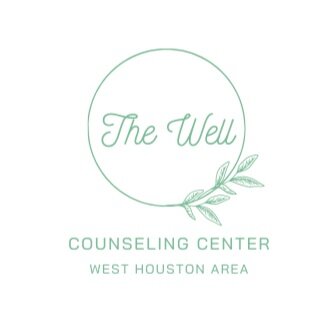Breaking the Cycle
How Childhood Experiences Shape Adult Mental Health
Our earliest experiences serve as the foundation for how we view the world, interact with others, and handle life's challenges. According to recent studies published in the Clinical Psychology Review, the impact of these early experiences isn't limited to just our lifetime – breaking generational patterns through therapy can positively impact up to three generations of a family. Like architects of our future selves, childhood experiences construct the framework through which we navigate adulthood.
The Echo of Yesterday
Think of childhood experiences as ripples in a pond. Each event, whether seemingly small or significantly impactful, creates waves that continue to influence our adult lives. The landmark ACE (Adverse Childhood Experiences) study reveals a striking statistic: 67% of adults with depression can trace its roots to childhood experiences. These patterns, known as intergenerational trauma, pass from one generation to the next, affecting how we form relationships, manage stress, and parent our own children.
ACEs Online Quiz
Understanding the Parent-Child Dance
Our relationships with our parents create the template for how we connect with others. When a child experiences consistent love and support, they develop a secure foundation for future relationships. However, when that foundation is shaky – perhaps due to inconsistent parenting, trauma, or unmet emotional needs – it can lead to patterns that echo through adulthood.Research from the Journal of Family Psychology shows that early intervention in adult mental health can reduce the transmission of trauma patterns by up to 40%. This powerful statistic reminds us that it's never too late to make a change.
Breaking Free: The Power of Awareness
Here's the empowering truth: Understanding these patterns is the first step to changing them. Our past experiences shape us, but they don't have to define our future. With awareness and support, we can:
Recognize inherited patterns
Challenge automatic responses
Create new, healthier ways of relating
Build stronger connections with our loved ones
When to Seek Professional Support
Consider reaching out for professional help if you notice:
Recurring relationship patterns that feel familiar but unhealthy
Strong emotional reactions that seem disproportionate to current situations
Difficulty breaking free from learned behaviors despite awareness
Concerns about repeating patterns with your own children
Persistent anxiety or depression linked to childhood experiences
Taking Action: Your Path to Healing
Breaking intergenerational patterns requires courage, support, and often professional guidance. Think of therapy as a partnership in healing – not just for yourself, but for future generations. Our team specializes in trauma-informed care and evidence-based approaches that have helped countless individuals break free from inherited patterns.
The Gift of Breaking the Cycle
Remember: Seeking help isn't just about addressing past hurts – it's about creating a better future. Every person who works to understand and heal their childhood experiences helps break the cycle of intergenerational trauma. You're not just helping yourself; you're contributing to the well-being of future generations.
Take the First Step
Don't let the patterns of the past define your future. Contact us today to schedule a consultation and begin your journey toward healing and growth.

